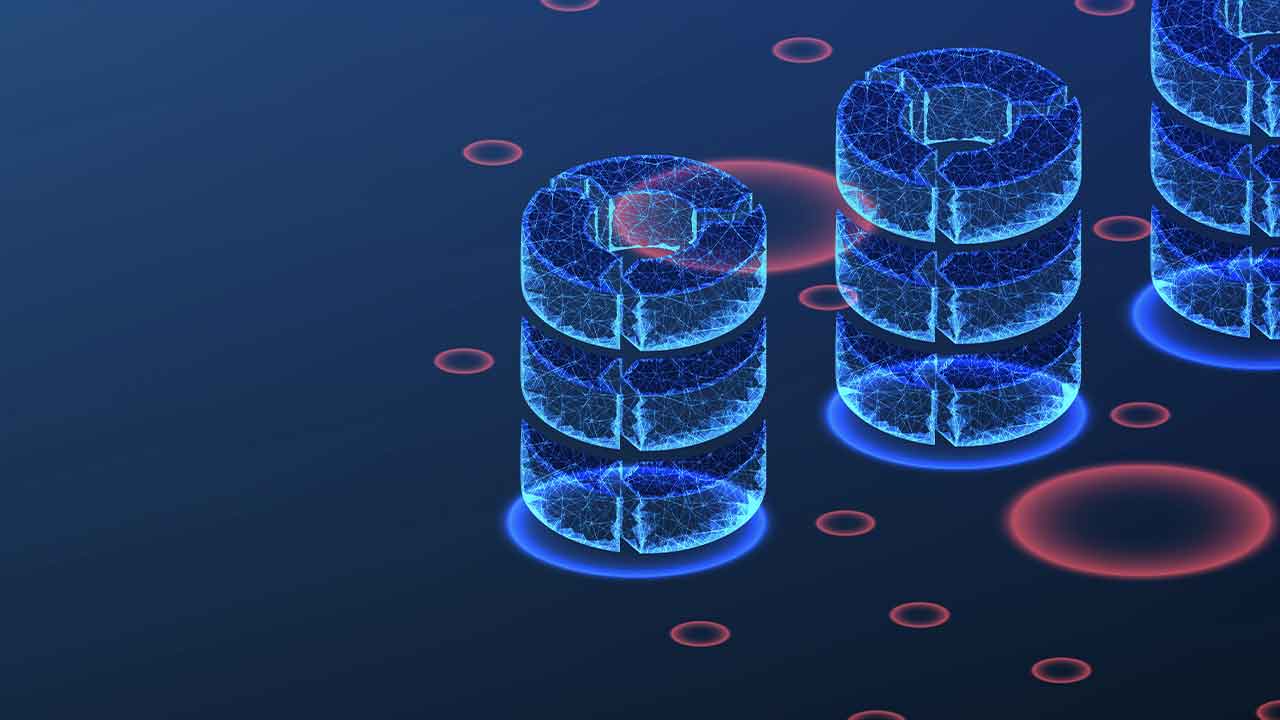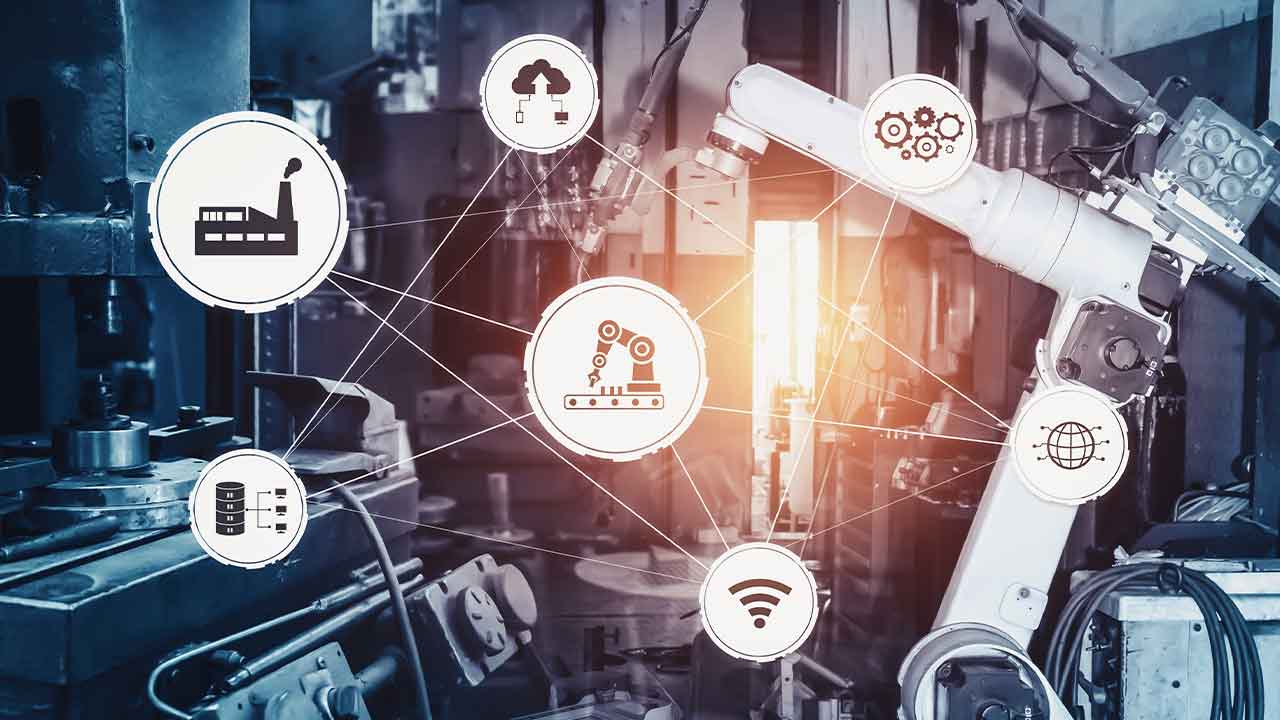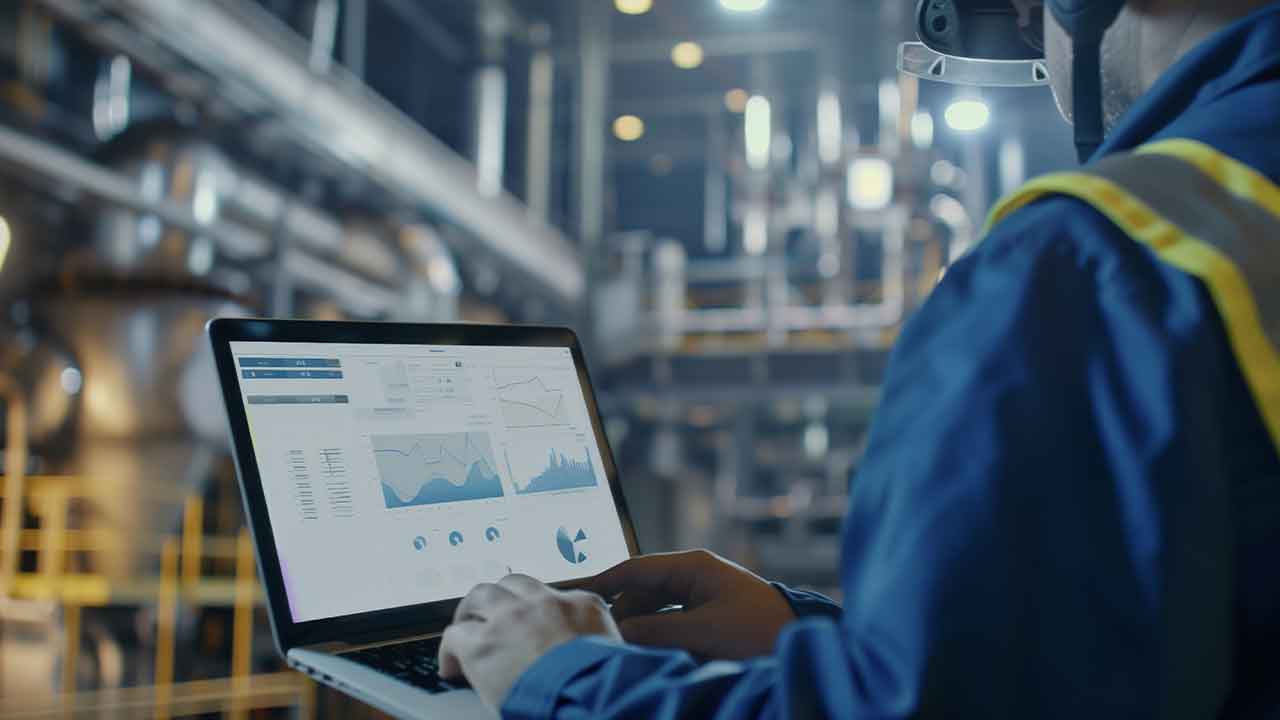Green at the Core: How Sustainability Is Becoming the New Competitive Edge in Business | SPONSORED
Last week, at the Innovation Summit in Paris, I had the pleasure to interview Sophie Borgne, Water Segment President, Schneider Electric, and Georg Weber, Executive Board Member & CTO, Wilo Group. The conversation is focused on sustainability, marking a pivotal shift in how businesses perceive and integrate green practices into their core strategies.
It’s becoming clear that sustainability is not just an ethical choice but a competitive advantage that propels businesses forward. This shift is underlined by a growing realization that sustainable practices not only enhance traditional business profitability but also open doors to new business models entirely focused on ecological balance.
The narrative shifts towards the idea that sustainability isn’t merely a route to profitability but rather its precursor. Adopting a sustainability-first approach is outlined as a strategic move that ultimately leads to financial gain, a perspective that has led companies to prioritize ecological considerations at the core of their corporate strategies. This philosophy is starting to bear fruit, evident in the increasing customer demand for sustainable solutions, which now often takes precedence over price and other factors.
The discussion delves into the crucial role of IoT in pushing the boundaries of operational efficiency and sustainability further. The journey from electrification and electronification to digitalization and IoT is painted as a continuum of innovation, with each phase unlocking significant energy savings. With the introduction of artificial intelligence into this mix, the potential for achieving even greater efficiencies looms large, highlighting IoT’s indispensable role in the sustainability narrative.
Attention is also drawn to the significant role of industrial water management and the concept of circularity, emphasizing that industries are major consumers of freshwater. Here, IoT is heralded as a game-changer, offering real-time data that prompts immediate action, shifting from a reactive to a proactive stance in water usage and management. This capability is crucial for optimizing water use and reducing the carbon footprint of industrial operations.
The standardization of IoT in products, especially in the building sector, demonstrates tangible energy and water savings. However, industrial applications still face hurdles in adopting these technologies, largely due to cost perceptions and the lack of standardized, open systems. Despite these challenges, successful projects showcase the immense benefits of embracing IoT and remote monitoring, underscoring the transformative impact these technologies can have when fully integrated into industrial practices.
The dialogue at the Innovation Summit emphasizes the interconnectedness of sustainability, IoT, and AI in redefining the industrial landscape. By prioritizing sustainable practices and leveraging cutting-edge technologies, businesses are not only achieving environmental objectives but also unlocking new opportunities for growth and efficiency. This shift towards sustainability-first strategies represents a significant paradigm change, promising a future where ecological stewardship and business success are inherently linked, shaping a greener, more resilient world.
This interview was recorded by Lucian Fogoros, Co-founder of IIoT World at the Innovation Summit 2024 in Paris. The summary was created based on the video transcript with the assistance of https://chat.openai.com/. The IIoT World Team reviewed it.



